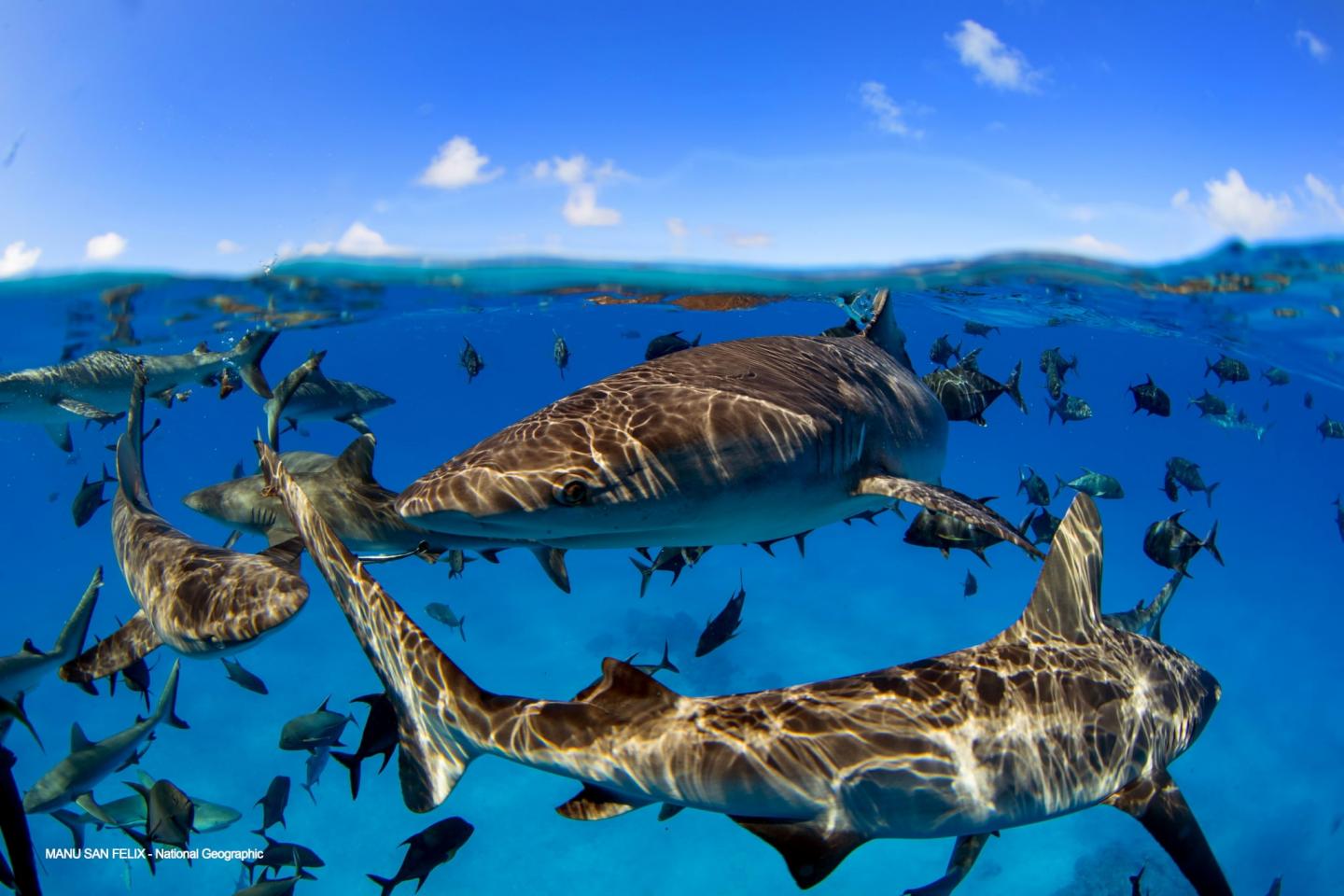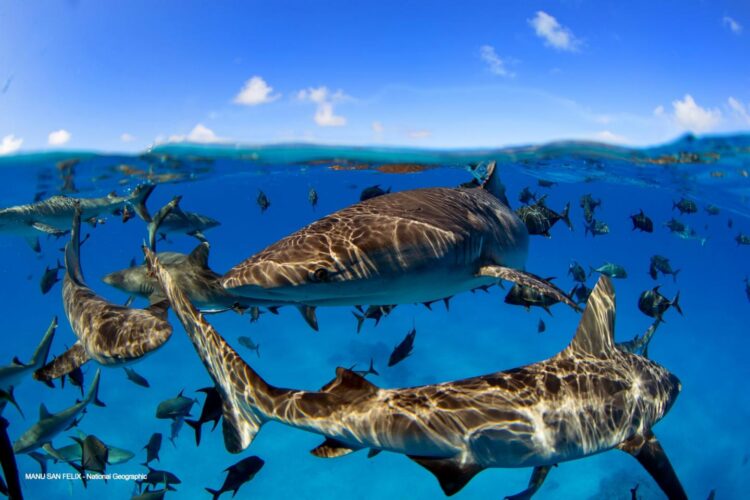
Credit: Manu San Felix, National Geographic
It’s not too late to rescue global marine life, according to a study outlining the steps needed for marine ecosystems to recover from damage by 2050.
University of Queensland scientist Professor Catherine Lovelock said the study found many components of marine ecosystems could be rebuilt if we try harder to address the causes of their decline.
“People depend on the oceans and coastal ecosystems as a source of food, livelihoods, carbon capture and, thanks to coral reefs, mangroves and other coastal ecosystems, for protection from storms,” Professor Lovelock said.
“But people are having enormous impacts globally and it’s time to do what we must to ensure our oceans are healthy and vibrant for generations to come.”
The research revealed many examples of recovery of marine populations, habitats and ecosystems following conservation interventions.
“Despite humanity having greatly distorted our oceans, recent interventions have led to a number of remarkable success stories,” Professor Lovelock said.
“The world has come together before to implement moratoriums on whaling, create a Law of the Sea, prevent pollution from ships, and limit industrialised fishing – all with positive outcomes.
“For the sake of our oceans, let’s go further.
“The main issue we need to tackle is climate change and we can only rebuild the abundance of the world’s marine if the most ambitious goals within the Paris Agreement are reached.”
Professor Lovelock said the benefits of strong action are myriad.
“Conserving coastal wetlands could improve food security for the millions of people who depend on them, and reduce the dangers of storm damage and flooding – saving billions of dollars,” she said.
“Mangroves, saltmarshes and seagrasses can store carbon in their soils and biomass which can help mitigate climate change.
“They provide so many benefits to coastal society that investing to rebuild them is a no-brainer.”
Professor Carlos Duarte from Saudi Arabia’s King Abdullah University of Science and Technology said the goal was not to recreate historical ecosystems.
“That’s no longer possible – rather we should improve on the status quo by re-building stocks of depleted marine populations over coming decades,” Professor Duarte said.
“The elephant in the room is climate change, especially for vulnerable ecosystems like coral reefs and kelp beds.
“There’s no one silver bullet – we have to address the root causes of ecological collapses.
“It’s not enough to reduce pollution or fishing pressure as the future of the ocean also depends on how rapidly greenhouse gas emissions are reduced.”
###
The research has been published in Nature (DOI: 10.1038/s41586-020-2146-7).
Additional images: https:/
Additional video: https:/
Media Contact
Professor Catherine Lovelock
[email protected]
Related Journal Article
http://dx.





